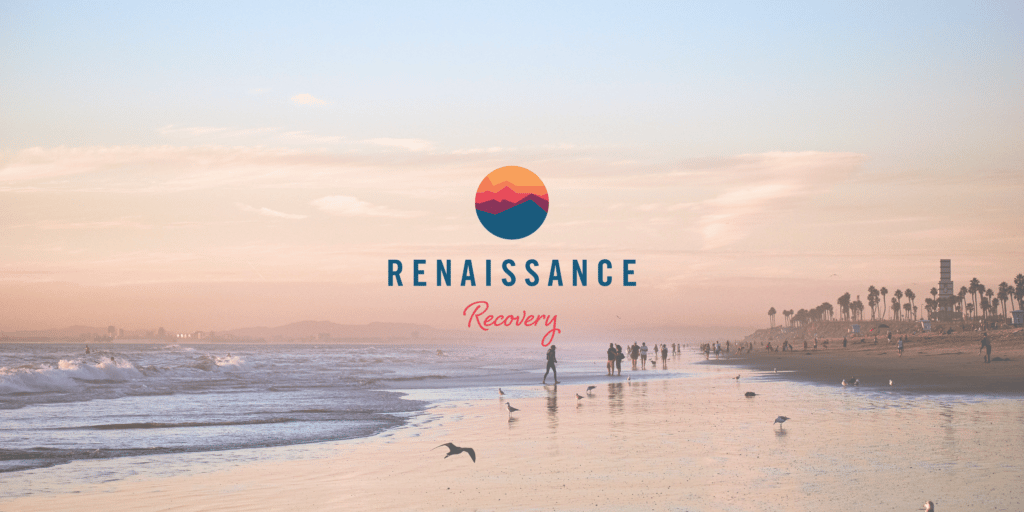Research shows that addiction treatment of 90 days or more typically generates the most favorable outcomes.
Not everyone with a mild alcohol use disorder or substance use disorder needs a long spell in a drug addiction treatment program, though, and it is not practical for many people to take three months away from professional and financial commitments. If you are interested in getting help for a substance abuse problem and getting started on your recovery journey, reach out to Renaissance Recovery, tell us about your situation and we can offer you the best support possible, which may include a 60-day rehab program.
Need help getting addiction treatment?
60-day rehab programs provide largely the same treatment as 30-day rehab programs, except with a greater emphasis placed on preparing for aftercare and relapse prevention.
A two-month stint in rehab can offer an alternative to brief 28-day programs in the following scenarios:
- For those with mild and moderate addictions including alcohol and drug abuse.
- For those requiring more time in a sober environment than the month-long treatment process provides.
- For those without severe co-occurring mental health disorders.

What is a 60-Day Rehab?
Two-month rehab, also known as 60-day rehab, can be delivered in either of the following settings:
- 60-day inpatient rehab
- 60-day outpatient rehab
Both modalities deliver intensive substance abuse treatment calling for a significant time commitment. In return, 60-day rehab allows you to build a solid base for sustained recovery, a lifelong process rather than a time-limited event like detox or withdrawal.
60-day residential rehab programs, also called inpatient programs, are the most popular form of two-month treatment program. SAMHSA reports that this form of program accounts for 7% of rehab admissions in the United States.
With residential rehab, you live full-time at the treatment facility for two months, benefiting from around-the-clock access to medical, clinical, and emotional care in a stable sober environment. A two-month inpatient program starts with detox and then moves directly into treatment proper, with individual and group therapy sessions combined with medication-assisted treatment (MAT) as appropriate. You will also learn how to transition smoothly to sober living and equip yourself with relapse prevention and management techniques.
Since 60 days can be a challenging commitment for many, you also find 60-day outpatient rehab programs. Here, you can engage with therapy for several hours on weekdays, before returning home in the evenings. Outpatient treatment is not only much more affordable, but it’s also far less restrictive.
If 60 days prove insufficient for your circumstances, you can extend this form of outpatient treatment, or you can step down to a less intensive level of care like a regular outpatient program.
60-day outpatient rehab is not the best fit for those with severe addictions, or for those with unstable or unsupportive home environments.
What to Expect at a 60-Day Drug Rehab?
As highlighted above, 60-day drug rehab or 60-day alcohol rehab can take place in either an inpatient or outpatient setting.
With two-month residential rehab programs, treatment is intensive, but there is also time allotted for supplementary therapies, relaxation techniques, and personal time for journaling or reflecting on the new skills you are learning each day.
A 60-day outpatient program focuses primarily on counseling and psychotherapy sessions, more often in groups than one-to-one.
All addictions are different, but all reputable addiction treatment centers draw from the same proven therapies, including:
- MAT: Several FDA-approved medications can help mitigate the intensity of cravings and withdrawal symptoms in the case of both opioid use disorder and alcohol use disorder. The effectiveness of medication-assisted treatment is enhanced when supplemented by psychosocial interventions.
- Psychotherapies: Talk therapies like cognitive behavioral therapy (CBT) and dialectical behavior therapy (DBT) are proven effective for treating a range of addictions and mental health conditions. Psychotherapy sessions help you to identify and change problematic patterns of thinking and acting. You will also become equipped with much healthier coping mechanisms than self-medicating with alcohol or drugs.
- Family therapy: The backlash of addiction ripples far beyond the person abusing substances. Family therapy can be an invaluable component of a comprehensive 60-day rehab program, helping you to rebuild shattered relationships one step at a time.
- Counseling: Counseling allows you to explore the root cause of your addiction, unpacking the powerful psychological component of addiction. Both individual and group counseling sessions are beneficial for most people in recovery.
Benefits of a 60-Day Drug Rehab
Entering a 60-day drug rehab program can be a life-changing experience for individuals seeking recovery from substance abuse.
First and foremost, a 60-day drug rehab provides a comprehensive and structured environment that promotes healing and recovery. It offers a range of evidence-based therapies, including individual counseling, group therapy, and educational sessions, to address the underlying causes of addiction and develop essential coping skills.
Furthermore, the duration of the program allows individuals to immerse themselves fully in the recovery process. It provides ample time for physical and mental healing, and the development of new habits and routines. The length of the program also enables participants to form strong connections with their peers, fostering a sense of community and support that can be invaluable on the path to recovery.
Moreover, a 60-day drug rehab offers a continuum of care beyond the initial treatment phase. After completing the program, individuals can access ongoing support through aftercare programs, sober living arrangements, and alumni networks, ensuring a smoother transition back into society and reducing the risk of relapse.
While the journey to recovery is not without its challenges, a 60-day drug rehab program provides individuals with the tools, resources, and support necessary to embark on a healthier, substance-free life. By committing to the process and embracing the opportunities for growth and self-discovery, individuals can lay the foundation for a brighter and more fulfilling future.

60-Day Rehab at Renaissance Recovery
Here at Renaissance, we appreciate the difficulties many people with a substance use disorder have in taking a month or more away from commitments at home and work. We offer an array of outpatient programs for the treatment of all of the following:
- Substance use disorders
- Alcohol use disorders
- Mental health disorders
- Dual diagnosis (co-occurring addiction and mental health disorder)
In addition to traditional outpatient programs (OPs), we provide more intensive programming in the form of intensive outpatient programs (IOPs) and partial hospitalization programs (PHPs).
For anyone unable or unwilling to attend therapy sessions at our treatment facility, we offer remote counseling and psychotherapy via our virtual IOP.
Regardless of the level of weekly time commitment that makes the right fit for your 60-day rehab program, Renaissance Recovery Center provides these research-based therapies and treatment methods:
- Medication-assisted treatment
- Dual diagnosis treatment to help with mental disorders
- Talk therapies like cognitive behavioral therapy (CBT)
- Group counseling
- Support groups
- Individual counseling
- Family therapy
At Renaissance Recovery, we also can work with your health insurance provider to make our alcohol and drug rehab program as affordable and accessible as possible.
To move beyond addiction, reach out to admissions today at 866.330.9449 to benefit from our 60-day drug rehab programs.



